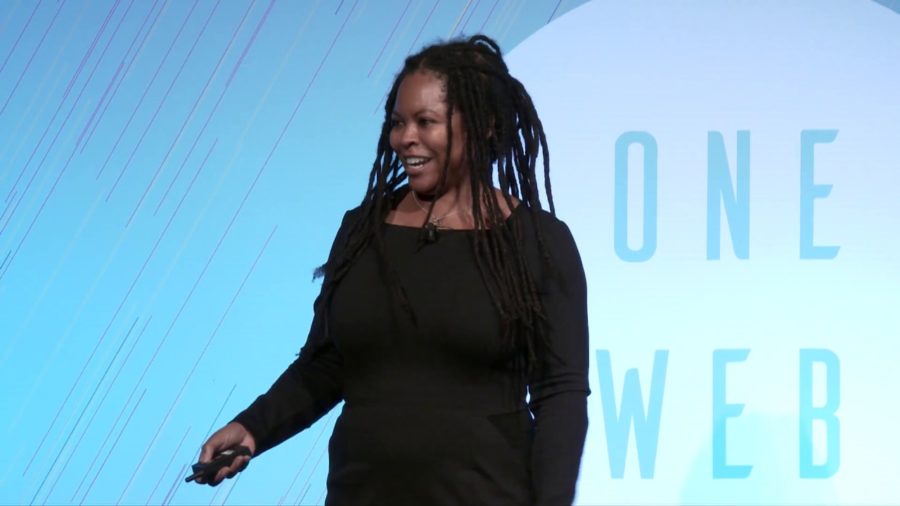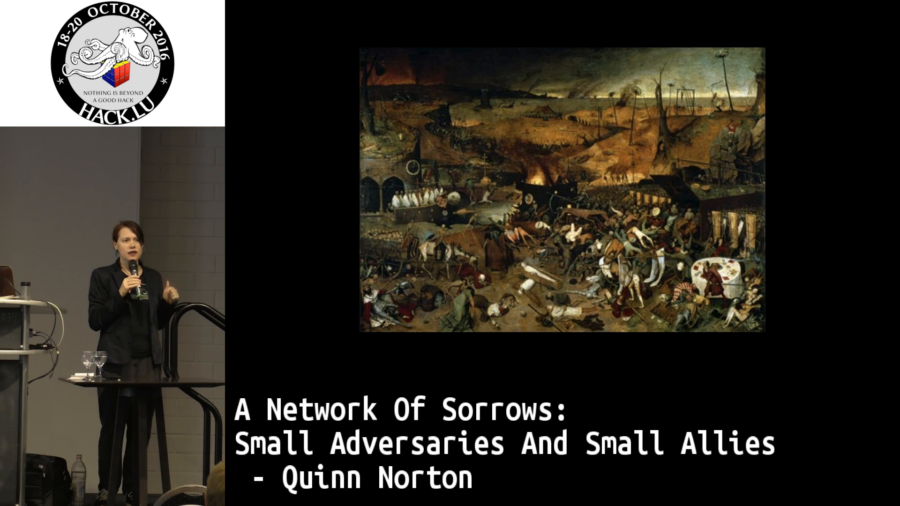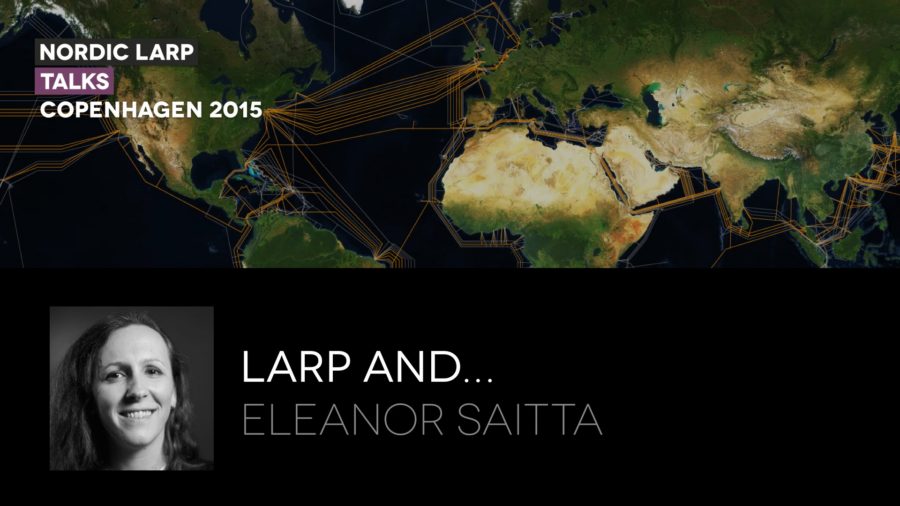[The] question of what happens when blackness enters the frame can kind of neatly encapsulate the ways I’ve been thinking and trying to talk about surveillance for the last few years.
Archive (Page 2 of 4)
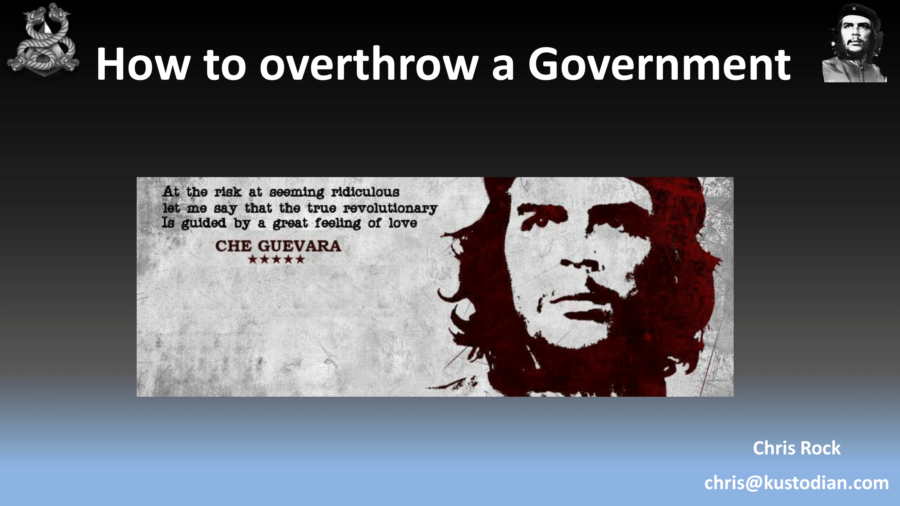
I don’t want to live in a world where ISIS is scarier than hackers, especially in 2016. We previously held the title in 2013, ’14, and ’15. And to be honest I was a little bit disappointed when I saw this result. So I thought I’m in my 40s now, there’s a lot of young hackers in the audience, and I’m not going to pass the baton to you guys unless we have that number one spot back in our pile.
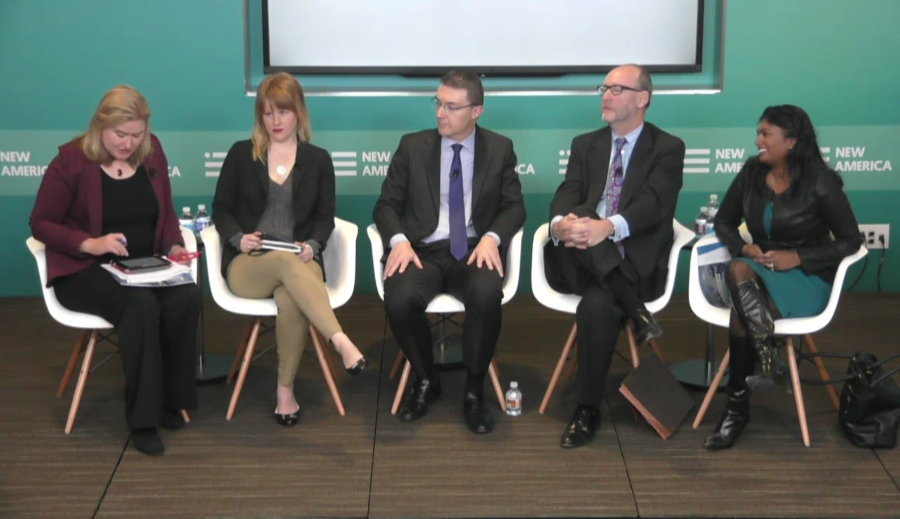
In addition to freedom to connect, there also needs to be the ability to connect, and that we need to model best practice at home and around the world, and the policies that relate to that.
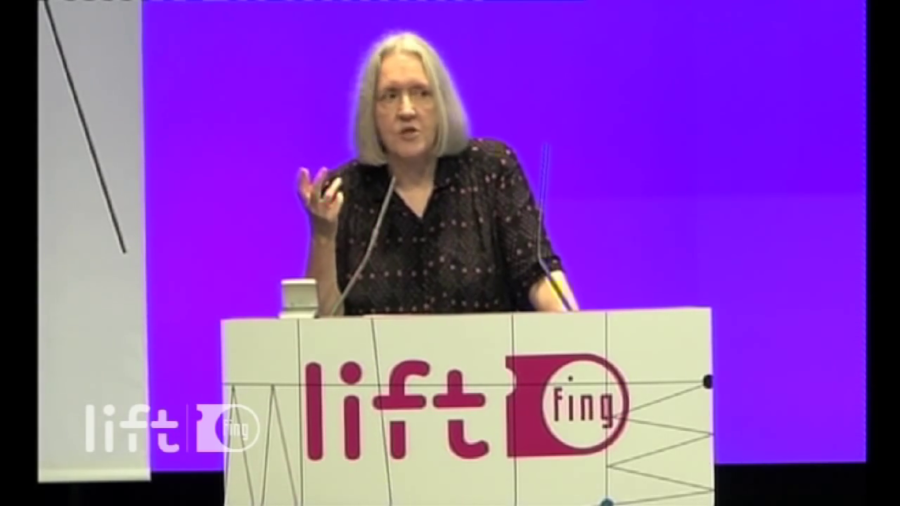
For me, the notion of urbanizing technology really is part of a larger sort of effort that I’ve been working on for a very long time. … [T]echnologies that enable interactive domains deliver, give, their technical capacities through ecologies that are more than just the technical capacity itself.
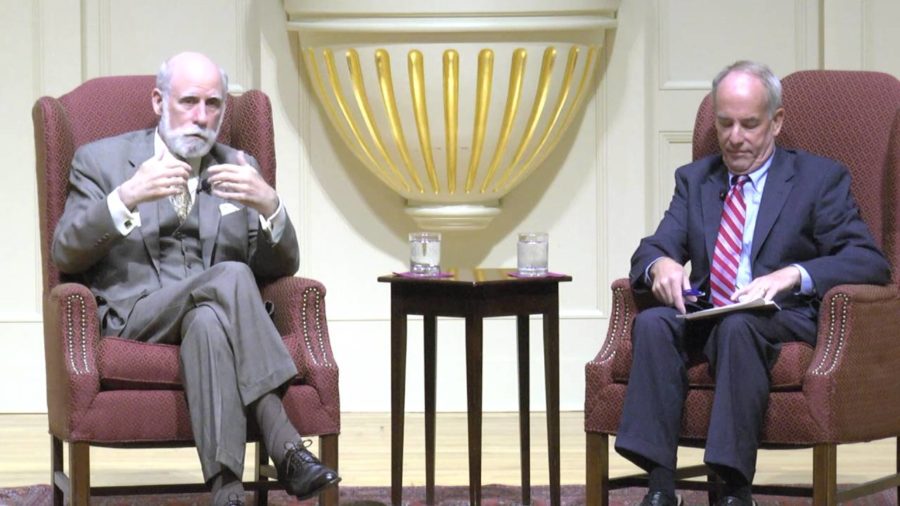
We’ve already been through several situations where new technologies come along. The Industrial Revolution removed a large number of jobs that had been done by hand, replaced them with machines. But the machines had to be built, the machines had to be operated, the machines had to be maintained. And the same is true in this online environment.
We’re at a thousand dollars per gigabyte, which is what current disk drives cost. The twenty terabytes that people estimate in ASCII that’s in the Library of Congress is just twenty million dollars. So that’s not very much money in terms of being able to store and retrieve the Library of Congress.
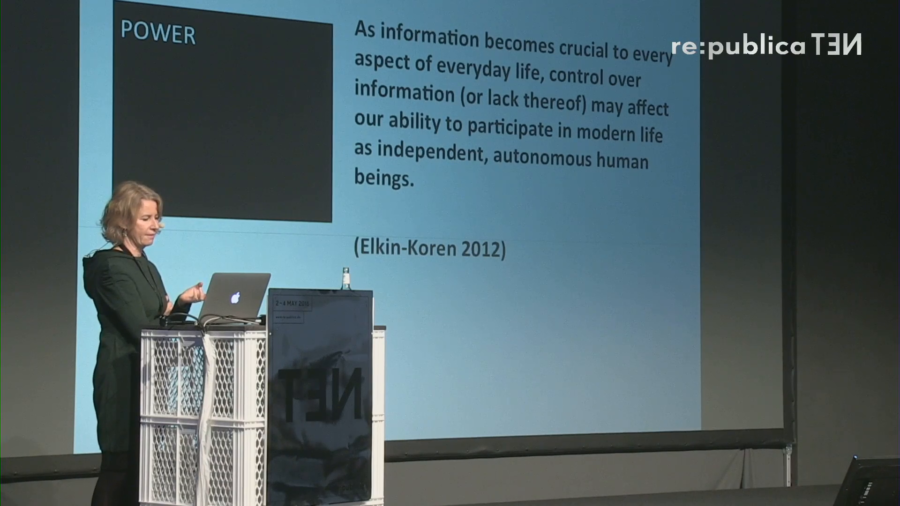
What does it mean for human rights protection that we have large corporate interests—the Googles, the Facebooks of our time—that control and govern a large part of the online infrastructure?

